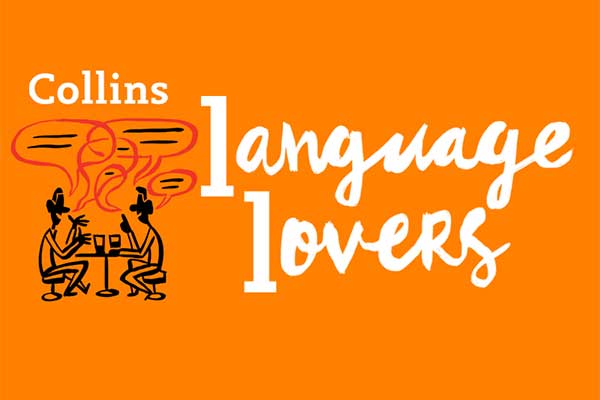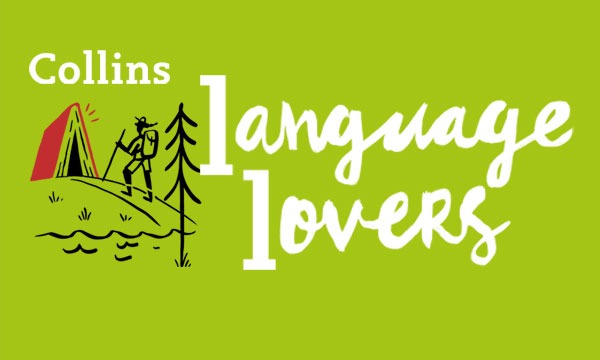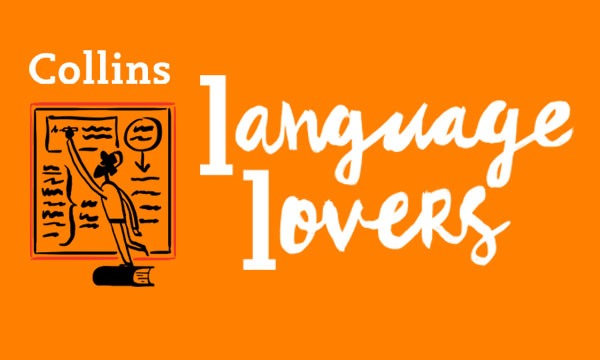New Year’s Eve is traditionally when we fix our gaze firmly forward in hope, having cast a backward glance at the year just ended. Which, despite the negatives, saw a healthy increase in good-neighbourliness and kindness as demonstrated, for instance, by caremongering. I feel hopeful that we can look forward to a much-improved 2021 and that there will be things to look forward TO. For a kick-off, major sporting events that 2020 wrote off will – fingers tightly crossed, please – happen, such as the Tokyo Olympics, Wimbledon, Euro 2020 and a host of other fixtures great and small.
It won’t be just sport that opens up, of course. What we can all do for entertainment and relaxation will revert to (something like) normal: going out for a meal, attending a live concert, running a marathon, or even simply going shopping will all be possible in new (old) ways. And then we have already had V-Day, 8 December, when the first Covid-19 vaccinations were administered in the UK. One of the first to receive it was a certain William Shakespeare in Warwickshire, causing a quick-witted Twitter user to put a version of the famous Shakespearean phrase ‘If you prick us, do we not bleed?’ into his mouth.
Writing this, it strikes me how the very words ‘New’ and ‘Year’ are somehow elemental, coming as they do from the bedrock of modern English: namely, words passed down in more or less altered shape from Old English (OE). OE is a Germanic language, which puts it in the same family – obviously – as German, but also Dutch, Icelandic, Swedish, and even the long-dead East Germanic Gothic language. Take year. It doesn’t require much of a leap to see its relationship to German Jahr, with its j sounding like our y, or Danish år. New, too, looks not unlike Dutch nieuw or Swedish ny. What’s significant about words descended from OE is that they constitute a staggeringly high proportion of all we say or write in English even today. A full 50 per cent consists of 100 pretty basic words like the, a, I, have and and. Of those 100, 98 are from Old English. To illustrate how this ‘50-per cent rule’ works in practice, this post to here contains 373 words, of which 15 are ‘a’, 11 are ‘the’, and so on. In fact, those five abovementioned words make up 10 per cent by themselves.
Lang may yer lum reek!
How will you be celebrating? With fireworks, perhaps? (Fire and work are both OE.) Years ago my German stepmother used to be the bane of our neighbours’ (German Nachbarn, see what I mean about similarity?) dogs when she fired off her midnight rockets. It’s a generalised European way of welcoming the New Year and many of us in the UK have adopted the custom with gusto. You could say, inverting T.S. Eliot’s phrase, we welcome it in ‘not with a whimper but a bang’. ‘Out with the old and in with the new’ is another old chestnut. In Italy this can be taken quite literally: particularly in the south, it’s traditional to jettison old clothes, pots and pans and other unwanted objects through upstairs windows to cleanse the home of their negativity. In more sedate vein, at six o’clock on New Year’s Eve not a soul will be stirring on Denmark’s streets, for then is the time when Danes will be glued to their screens to watch their beloved Queen give her annual speech reviewing the year. People even place bets on which topics she’ll mention. Far away to the south, in parts of Greece, there is a ‘first-foot’ tradition (ποδαρικό, pronounced pothareeKO): the first person in your house on New Year’s Day ought to be a kind-hearted relative or, as children are symbolic of innocence, a child. This is not dissimilar to the mainly Scots tradition of ‘first-footing’ after midnight, when traditionally a dark-haired man will bring luck – and, better still, should be carrying a lump of coal and a bottle of the water of life.
In whatever way you celebrate, may I wish you Godt Nytår! Frohes neues Jahr! Bonne Année! Felice anno nuovo! ¡Feliz año nuevo! Szczęśliwego Nowego Roku! Καλή Χρονιά! And a very safe and Happy New Year!
By Jeremy Butterfield
Jeremy Butterfield is the former Editor-in-Chief of Collins Dictionaries, and editor of the fourth, revised edition of Fowler’s Dictionary of Modern English Usage.
All opinions expressed on this blog are those of the individual writers, and do not necessarily reflect the opinions or policies of Collins, or its parent company, HarperCollins.



